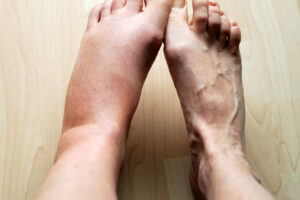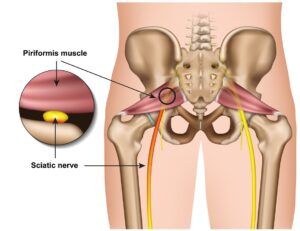You will find that almost everyone has had some kind of an experience with headaches in their lives; for some individuals, this is of course a regular phenomenon and requires medical intervention. Headaches can affect you, regardless of gender, age, or race. According to WHO reports, almost 50% of the total global population experiences a headache every year at least once.
Headaches can be looked upon as signs of emotional distress and stress; they can also result from medical disorders such as high blood pressure, depression and anxiety. Headaches, on their part, can also lead to other issues; for instance, those with chronic headaches can find it a challenge to attend work every day. With the latest PatchMD coupon code, you can get topical patches at discounted prices to alleviate a host of medical conditions, including headaches.
Common Causes for Headaches:
The HIS or International Headache Society classified headaches into primary and secondary categories.
Primary headaches: are essentially stand-alone conditions that have been triggered by over-activity and problems with structures in your head. For instance, blood vessels, nerves and brain chemical activities may be responsible for causing primary headaches. Incidentally, some people experience headaches because of genes. Typically, examples include migraine, cluster headache, tension headache, etc.
There are also some headache patterns that are categorized under primary headaches but are not frequently found. Such headaches have specific features like pain of unusual duration, and may well be symptoms of some underlying medical condition. These include chronic headaches, exercise headaches and cough headaches. There are some common triggers from primary headaches, like alcohol, especially red wine,
Secondary headaches: refer to symptoms that occur when there is some other condition that is stimulating all pain-sensitive nerves in the head. So, here the symptoms may be attributed to other causes, like acute sinusitis, blood clot, brain aneurysm, arterial tear, carbon monoxide poisoning, concussion, dehydration and dental problem, ear infection, glaucoma, encephalitis, high blood pressure, flu, hematoma, meningitis, panic attack, over-usage of painkillers, stroke, toxoplasmosis, ice cream headache or brain freeze, sinus headache, spinal headache, etc.
Headaches may be symptoms of serious medical problems, and hence, cannot be ignored. When a headache becomes more painful than the previous ones, does not improve even with medicines, or is accompanied by symptoms like fever, neck stiffness, confusion and sensory changes, you should get in touch with a doctor right away.
Symptoms of Headaches:
- Tension headache will typically have symptoms like neck stiffness, dull and aching pain, scalp tenderness, shoulder stiffness, etc. and may feel like migraine headache.
- Cluster headaches are typically of short duration and cause pain behind your eyes. Here, the pain is normally on any one side and is similar to throbbing or can be constant in nature. Cluster headache starts about 1-2 hours after one retires to bed; they are similar to migraine but do not cause nausea. Causes for this are not known for sure but they occur because of sudden release of chemicals like serotonin and histamine in your brain. Brain scans show abnormal activities in the hypothalamus to be responsible for cluster headache. Such headaches may be genetic, or caused due to changes in your sleep pattern, or because of medications often taken for heart diseases. Alcohol, cigarette smoking and foods rich in chocolate and nitrites may be triggers for headaches when you are already susceptible to this type.
- Migraine headaches have symptoms like nausea, pain on one side of your head, pulsating feeling inside the head, light and sound sensitivity, vomiting, and severe pain. Conditions may be so acute that a person is often unable to do his daily activities.
- Rebound headaches happen daily, and typically worsen during the mornings. They may improve with medicines but they tend to relapse once the effects of medicines wear off. Common symptoms are restlessness, nausea, irritability, and trouble remembering.
- Thunderclap headaches will cause short-term head pains that are intense in nature.
To get relief from headaches, you can use topical patches from PatchMD and get relevant coupons from Don’tPayAll.




